For so many years as he forged his path, people doubted and discounted him. As a dedicated student and athlete coming out of rural Whitmire, South Carolina, he barely registered on college recruiters’ radars. And when he took his shot at professional football, it was the same story – Mr. Shell signed as an undrafted free agent with the Pittsburgh Steelers in 1974. Quite an unheralded start for a future Hall of Fame defensive back and four-time Super Bowl champion known as The Torpedo on those devastating Steel Curtain defenses.
“Sometimes the Lord blesses you with ability and talent, but He doesn’t give you everything. You have to work at it,” Mr. Shell told Black College Nines. “I was one of those athletes. He gave me talent, but I had to develop that talent.”
And how he did. Maybe unknown to people is the role baseball played in Mr. Shell’s academic and athletic journey. A left-handed pitcher and right-handed hitter in high school, Mr. Shell transitioned to the outfield in college and played on talented Bulldog nines in the early 1970s. They were quite a group, winning conference championships in the SIAC and MEAC and featuring future major leaguers Willie Mays Aikens and Gene Richards.
Along the way, Mr. Shell became the first member of his family to graduate college, and he later earned his master’s degree. That dedication to education led him and his wife, Paulette, to create the Donnie Shell Scholarship Foundation, which helps academically gifted and deserving students from rural South Carolina advance their educations at South Carolina State.
He’s also busy working on a memoir with his daughter, April Shell, which they’re writing to preserve family history but also plan to publish.
Mr. Shell took time to visit with Black College Nines writer Douglas Malan on July 15, 2020. The following is a lightly edited version of that conversation.
Where you grew up, Whitmire, South Carolina, is an old mill town, a town of about 1,400 people now. Was it larger when you were a kid, a more bustling town?
Probably not. (laughing) It was probably about the same size, maybe 2-3,000 people. But when J.P. Stevens Manufacturing closed, people moved where the jobs are.
It was a great town to grow up in. Everybody loved sports and supported you in extracurricular activities. School and sports – that’s what I did. I played football, baseball, basketball and ran track. I really didn’t have time to do a whole lot of other things. That kept me pretty busy, kept me out of trouble too, though. (laughing)
As a young man in the 1960s, you lived through a volatile time in American history. What was the racial climate like in Whitmire?
The (desegregation) laws had been passed but some were still holding on to being separate. I remember marching for our rights to go inside of a store back during those earlier days before I went to high school, marching to further integrate some of the local businesses. Some businesses were not honoring the law, and I thought that was wrong. We decided to march peacefully and to protest that. But things calmed down by the time I went to Whitmire High School and started playing sports and getting involved with my teammates and classmates.
You were in high school in the late sixties, early seventies, doing your thing across all sports. At what point did colleges start to contact you and what were they selling?
I wasn’t really highly recruited. My senior year, I got selected to play in a basketball all-star game in the summer, right before college. Also, they had the football all-star game that summer. I got a call from my high school football coach, William “Lefty” Johnson. He knew one of the defensive coordinators for the all-star team, and he wanted to know would I be willing to switch from basketball to football (to play in the all-star game). I told Coach Johnson, “Absolutely!” (laughing) Football was my favorite sport, although I loved basketball, also.
That gave me some exposure. South Carolina State University had some recruiters up there, and I had a pretty good game. I was playing linebacker. That kinda got their attention. They called and offered me a half-scholarship in baseball and half-scholarship in football. Belmont Abbey College in North Carolina offered me a half-scholarship in basketball.
Nobody else had anything for you?
No, that was it. South Carolina State offered me a full ride. My parents couldn’t afford to pay for my college, so it was a pretty simple decision. (laughing)
Did you have any knowledge about South Carolina State or what an HBCU offered that was different?
Yeah, one of my homeboys, Jackie Epps, went down there to play football. We would talk a lot, and I knew a lot of the players at that time. At the beginning of integration, a lot of Black athletes were not going to the white schools or weren’t allowed at the white schools. The Black colleges had most of the great Black players. So he gave me some insight about South Carolina State, and off I went. Down for the summer. Packed my clothes up. And one of my homeboys drove me down to Orangeburg, about three hours or so, got settled in the dorms and started practicing.
Where did baseball rank among sports you loved to play?
Real high. We won the state championship in both basketball and baseball. I was a left-handed pitcher, but I moved to the outfield when I came to college. I played a little outfield in high school, also. I played some first base in high school, but I never played any infield in college.
That freshman year must’ve been an eye-opener, juggling two sports and all.
 The toughest thing about it was you had to adjust your academics. And I didn’t adjust. I thought I could take a lot of hours in the second semester. But I found out after my GPA dropped a little bit, you have to drop your hours in the springtime and then pick up those hours during summer school. After going through a year of that, I found out what the secret was. Once I dropped my hours to about twelve in the spring, I’d come back and take six hours in summer school and that worked a lot better for me academically.
The toughest thing about it was you had to adjust your academics. And I didn’t adjust. I thought I could take a lot of hours in the second semester. But I found out after my GPA dropped a little bit, you have to drop your hours in the springtime and then pick up those hours during summer school. After going through a year of that, I found out what the secret was. Once I dropped my hours to about twelve in the spring, I’d come back and take six hours in summer school and that worked a lot better for me academically.
In the springtime, we were on the road a lot, too, playing games. You had to get your homework assignments ahead of time and let your professors know. It was a lot to manage. But it taught me how to be organized and build relationships.
Did you have expectations going into that freshman baseball season?
I expected to play. I didn’t know whether I could start or not until I saw the team and saw what competition I was up against. I think I ended up starting the latter part of the season in my freshman year. And then later on I became captain of the team and did well.
I played with two pro ball players – Gene Richards and Wille Mays Aikens. We had some pretty good players.
Do any games or moments really stand out to you?
More for Willie Mays Aikens. We played a doubleheader at home – I don’t recall what season it was – and he hits three home runs in the first ballgame and then comes back and hits four in the next game. They not only went out of the park – there was a road about 20 feet from the end of the park area and they landed in the highway over there. (laughing) We were just going wild. And he hit the ball, stood there and just looked at it. I said, “Ok. Well, he’s definitely going to the next level.” That will stay in my mind for a long time.
Did you ever think about giving pro baseball a shot?
 Although I played baseball, my interest was more in football. I didn’t have the tools to go the next level in baseball. I thought I did until Gene Richards, who went on to play for the San Diego Padres, came up to Pittsburgh to play a doubleheader against the Pirates. I went to the game, and we were talking afterwards and some of the guys for the Steelers came over to the locker room and said, “Shell, man, you could’ve played baseball.” And Gene said, “No, he chose the right sport.” (laughing) There went all my brags about my baseball career.
Although I played baseball, my interest was more in football. I didn’t have the tools to go the next level in baseball. I thought I did until Gene Richards, who went on to play for the San Diego Padres, came up to Pittsburgh to play a doubleheader against the Pirates. I went to the game, and we were talking afterwards and some of the guys for the Steelers came over to the locker room and said, “Shell, man, you could’ve played baseball.” And Gene said, “No, he chose the right sport.” (laughing) There went all my brags about my baseball career.
I didn’t pay a whole lot of attention to my stats in college. I think I was an average or a little above average baseball player. I wasn’t a great baseball player.
Did you form long-standing relationships with your baseball teammates?
Oh yeah, absolutely. And our quarterback played baseball, too. Ben Samuels. He was about 6-3, 6-4. And he played catcher. He was a great hitter, too. He ended up signing with the Dallas Cowboys as a free agent (in 1974).
You were on the same Bulldogs football team with New York Giants legend and Hall of Fame linebacker Harry Carson. Did you ever try to get him on the diamond to see what he could do?
Nooo. Like Gene said, he made the right choice. (laughing) He was a great football player, man. Barney Chavous. And a big ole tackle named Mickey Sims. He got drafted by the Cleveland Browns. We had some good athletes.
This is a little off the baseball topic, but when you got to the Steelers playing with Mel Blount, did you guys talk trash about whether Southern or South Carolina State was better?
 No, I got in it with John Stallworth when we were rookies. Matter of fact, we played each other out of conference. We played Alabama A&M every year. He was a wide receiver and I had switched to defensive back my senior year. We were scouting him, man, and he was playing a small college. He must’ve had 300 yards receiving on 10 or 12 catches. He was a phenomenal athlete. I don’t think he ever beat us, but he still had two or three touchdowns. One he caught in the end zone, I thought he was out of bounds. He caught it with one hand, brought the ball from out of bounds back to his chest, tapped his feet and stayed in bounds. That’s before the sticky gloves. (laughing)
No, I got in it with John Stallworth when we were rookies. Matter of fact, we played each other out of conference. We played Alabama A&M every year. He was a wide receiver and I had switched to defensive back my senior year. We were scouting him, man, and he was playing a small college. He must’ve had 300 yards receiving on 10 or 12 catches. He was a phenomenal athlete. I don’t think he ever beat us, but he still had two or three touchdowns. One he caught in the end zone, I thought he was out of bounds. He caught it with one hand, brought the ball from out of bounds back to his chest, tapped his feet and stayed in bounds. That’s before the sticky gloves. (laughing)
I found it interesting you served as Director of the Spiritual Life Center for Johnson C. Smith University from 2010 to 2015. That must’ve been rewarding work.
It was. I taught Bible study on Wednesdays. With the Steelers, our chaplain back in the day (pioneering sports minister Hollis Haff) had no access to travel with the team. We would minister all chapels on pregame on Sundays. In training camp, we would do the Bible studies in the morning before practice. I guess it forced us to become teachers and get in there and study for ourselves.
He was a tremendous teacher, Hollis Haff. He was a tremendous influence on a lot of us. Stall(worth), Mike Webster, Terry Bradshaw, all of us came to the Wednesday night Bible study. He wasn’t much older than us, maybe three or four years. We just did a virtual event three or four weeks ago. He’s retired but he’s teaching discipleship in his church.
Looking back on your time at South Carolina State, what comes to mind?
 I had some great times in my baseball career, good memories. It taught me how to compete, the value of hard work and how it pays off. You gotta be committed because you’re not gonna win every game. It shapes your attitude. What do you do when you lose? You go back, correct mistakes and get better. You pick yourself up. I appreciate baseball from that standpoint.
I had some great times in my baseball career, good memories. It taught me how to compete, the value of hard work and how it pays off. You gotta be committed because you’re not gonna win every game. It shapes your attitude. What do you do when you lose? You go back, correct mistakes and get better. You pick yourself up. I appreciate baseball from that standpoint.
I learned a lot academically and how to manage. It kept me on pace to graduate on time, playing two sports, in four years. I’m very proud of that. Staying with it and hanging in there.
We just had some great players. Some played dual sports. They were great athletes and great people. I do remember that most of the student-athletes who came in with me, we graduated when we left in four years. I think that’s a great accomplishment for guys playing sports, some playing two sports, to be successful in athletics and academics.
Douglas Malan is a journalist and visual artist living in Connecticut. His works include short stories, poetry and books. Among the books Malan has authored includes the children’s book, Let’s Go To The Ballpark!




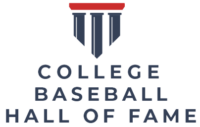
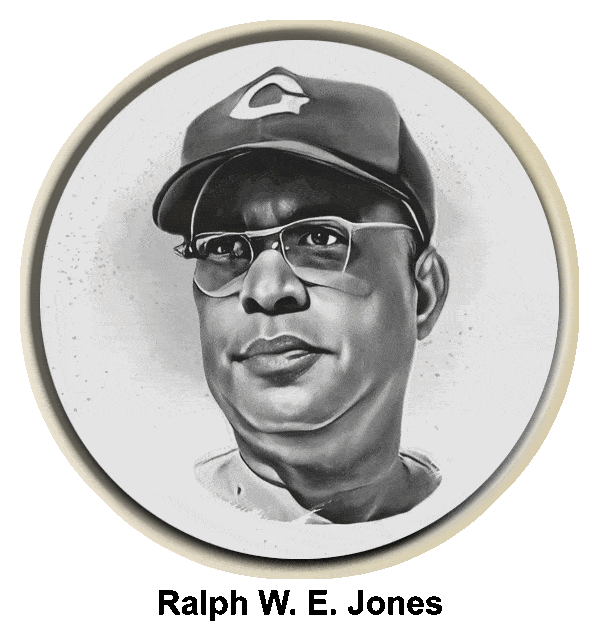












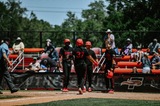








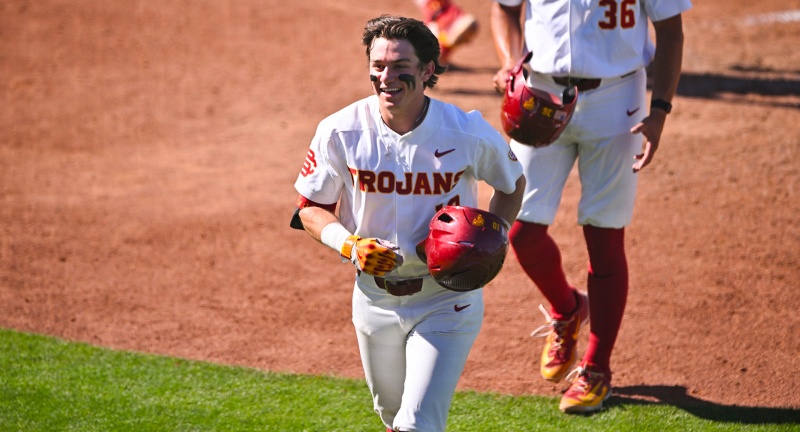

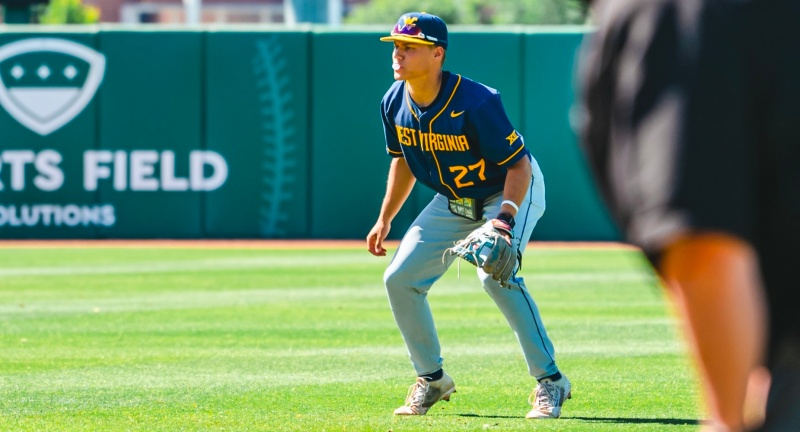







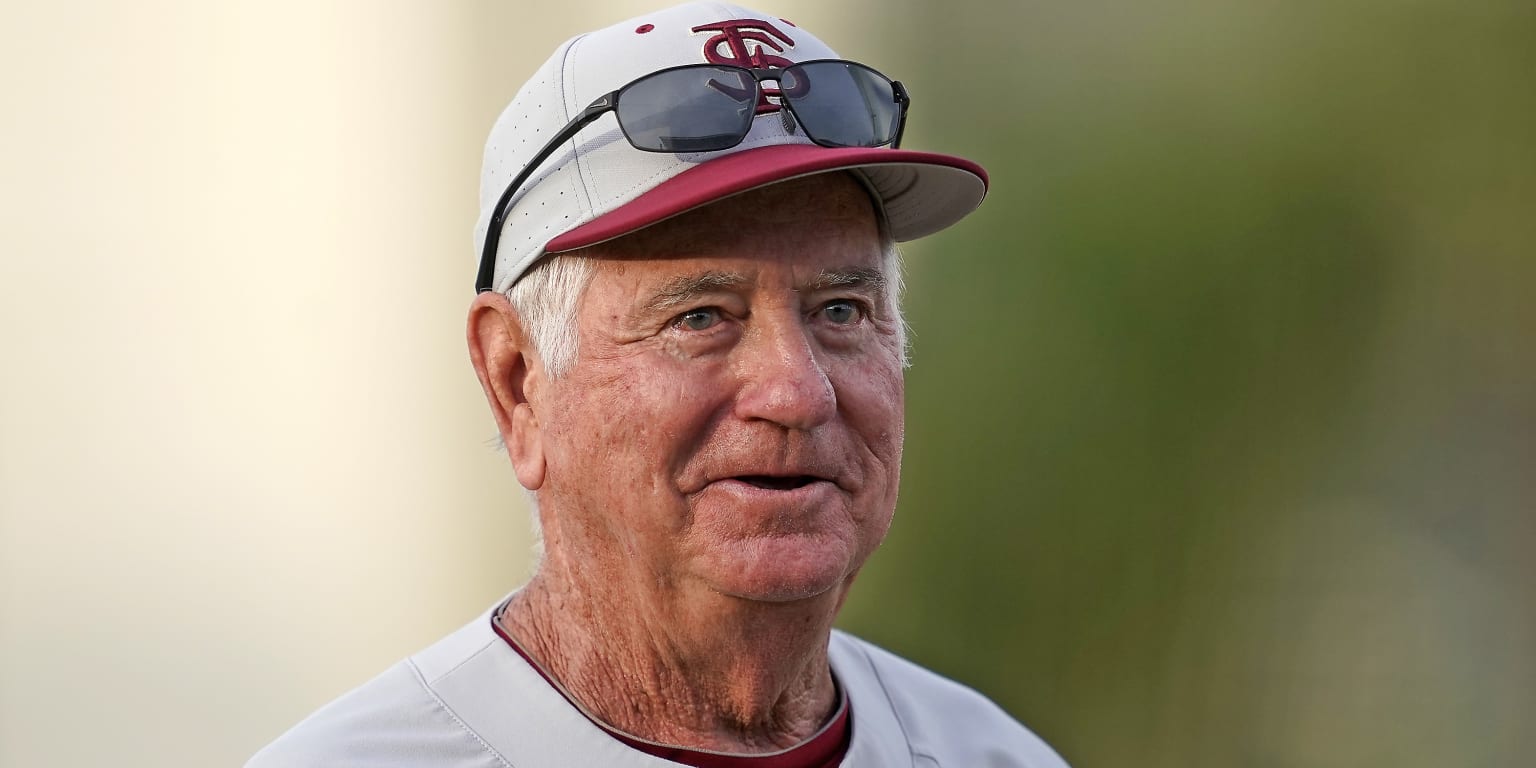
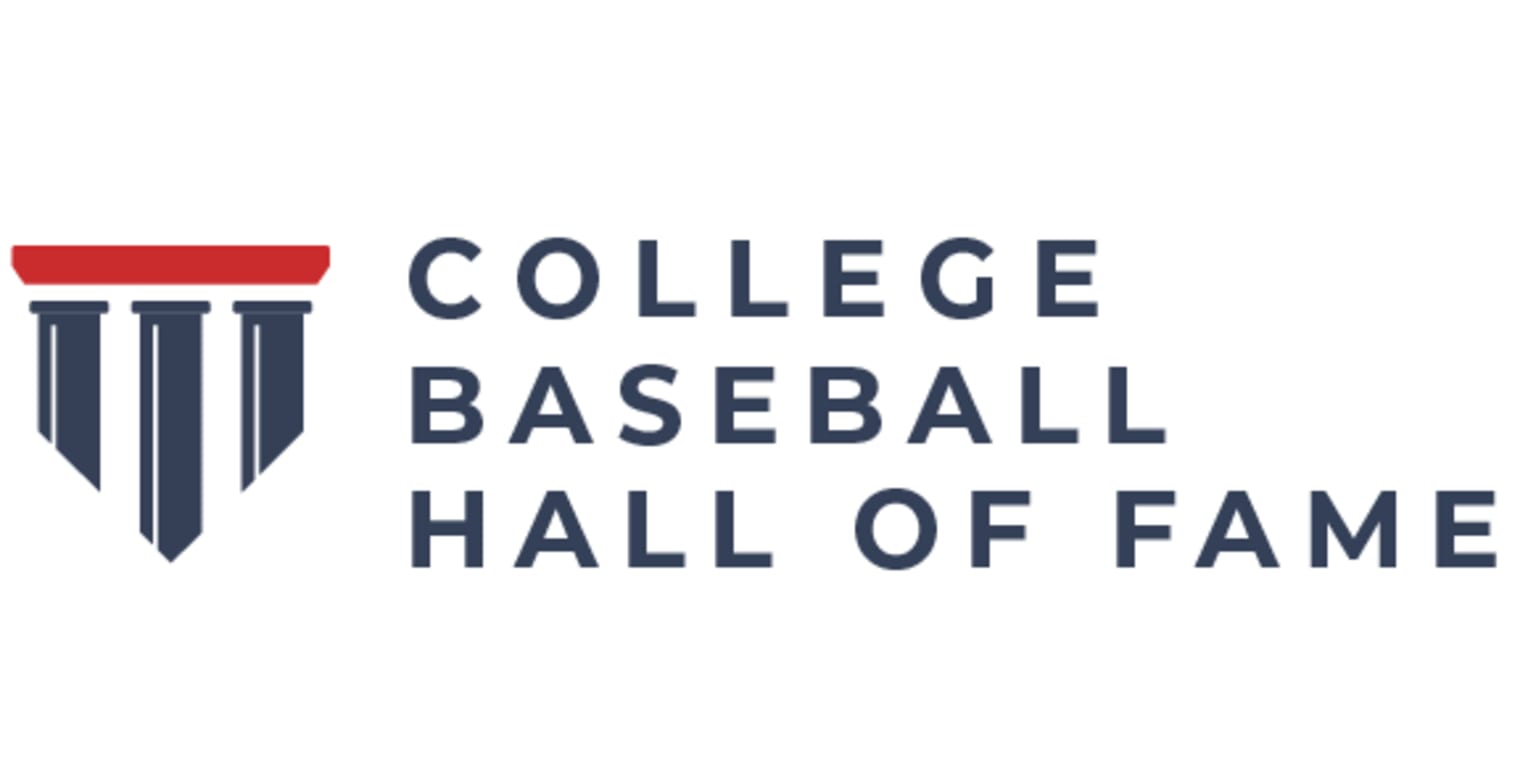
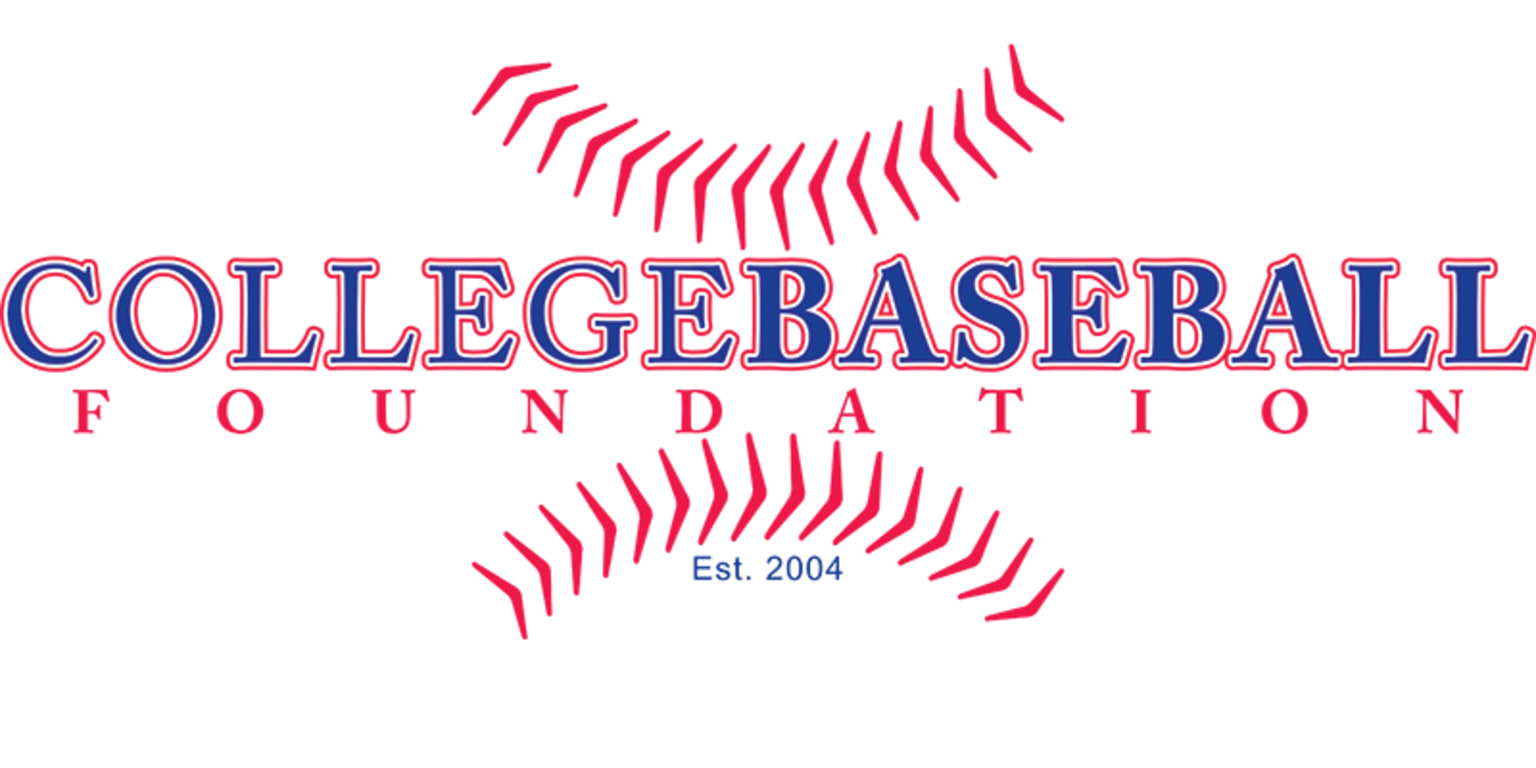








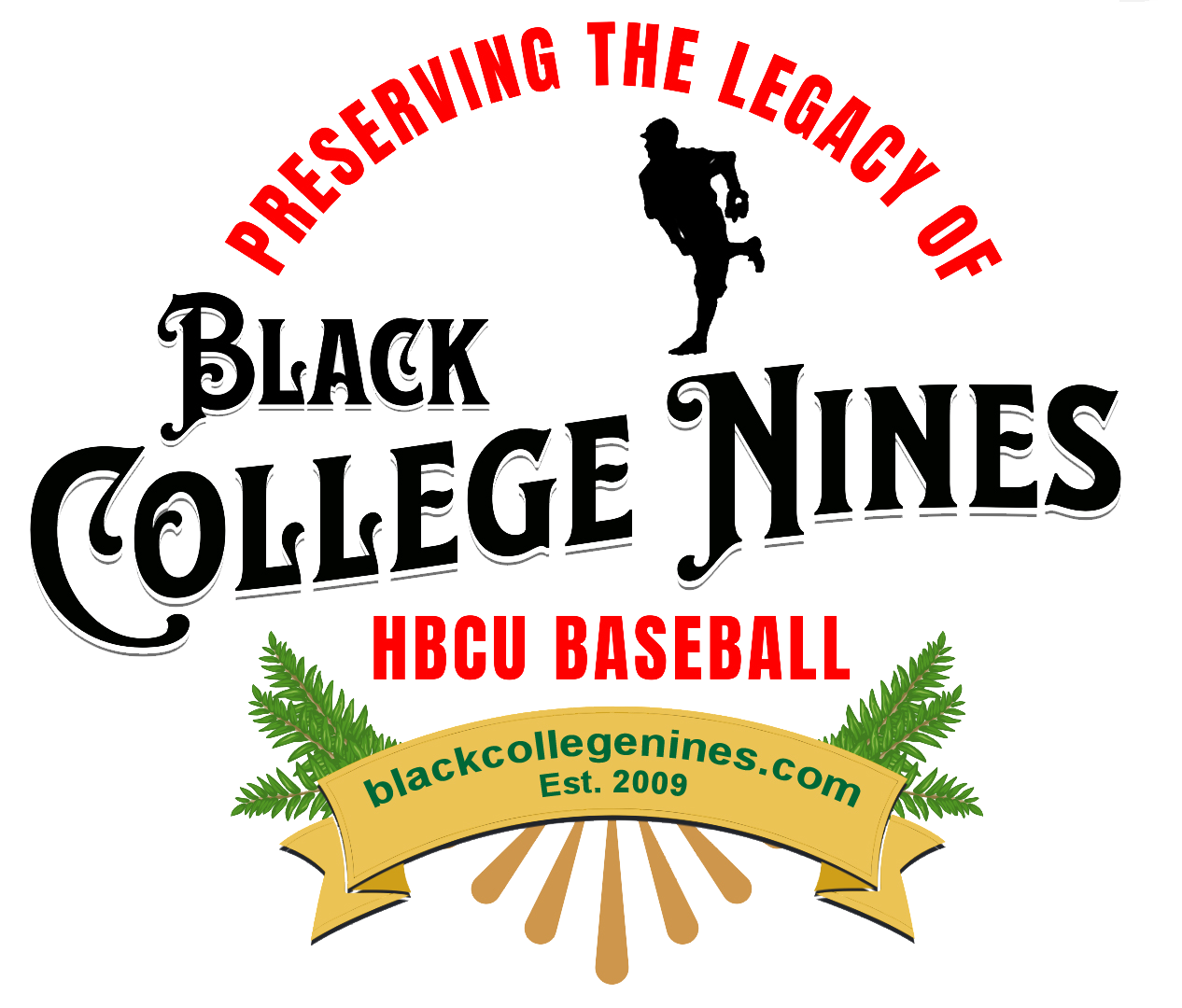
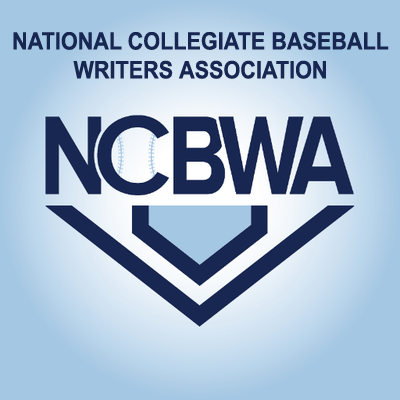
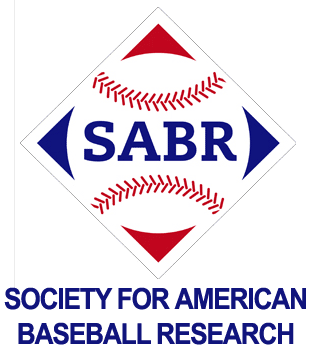
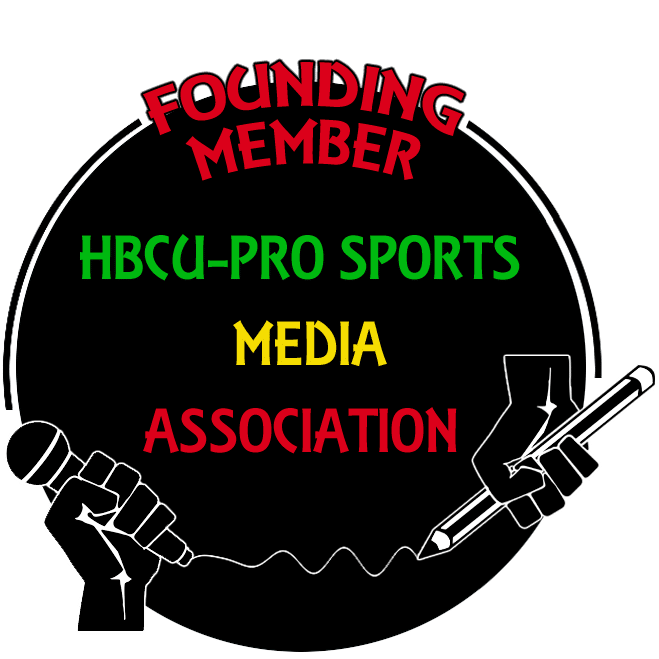

I too, played baseball at SCSU. Donnie always fascinated me. He was small, but he was large. He had a humongous neck. Many called him Donnie (Neck) Shell because of the size of his neck. No wonder, he was one of if not the hardest hitters on the football team. Donnie was always a defensive specialist. Even in baseball, he was a much better defensive player vs. offense. He took pride in his defense. When he went to the Steelers, I knew he would make a he team and would start. He taught me so much without even realizing it. I was able to walk on and end up starting. Donnie taught me that you have to believe in yourself when others doubt. I grew in Sumter and always thought I could play. This was during the time of integration and segregation. In fact I went out for the high school team every year and got cut every year. Donnie you are an amazing person and has impacted more lives and than you think.
Hi Bill,
This is Jay (founder of Black College Nines). As you may recall, you and I emailed back and forth a number of times regarding SC State baseball and you aided in our efforts to reach out to Donnie quite some time ago. Feel free to share the post! Did you see the conversation we did with Jim Robinson (found here). It was Doug’s first in the series. He mentions coaching at SC State. And have you seen Mr. Robinson in the Recent Toyota commercial?
Great hearing from you. Thanks for commenting.
Hey Doug,
This is a wonderful story. I began working as SID at SC State in 1973. Baseball was discontinued the next season to make way for women’s softball, women’s track and women’s basketball (re-instated). So, I didn’t get a chance to see Donnie play much baseball but I promoted him for two seasons in football. He was outstanding for the Bulldogs. How do we obtain permission to share this on our website with our alums and supporters